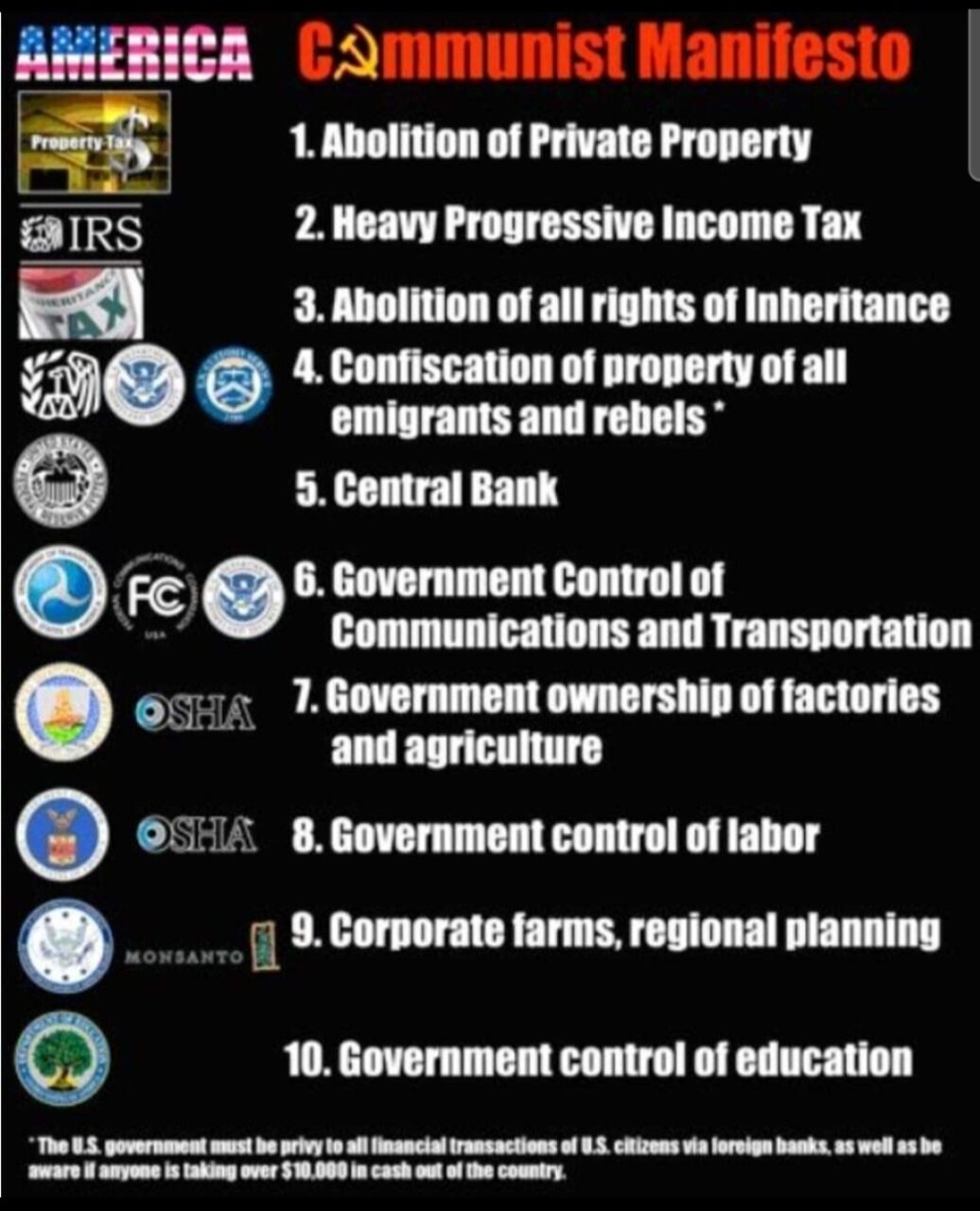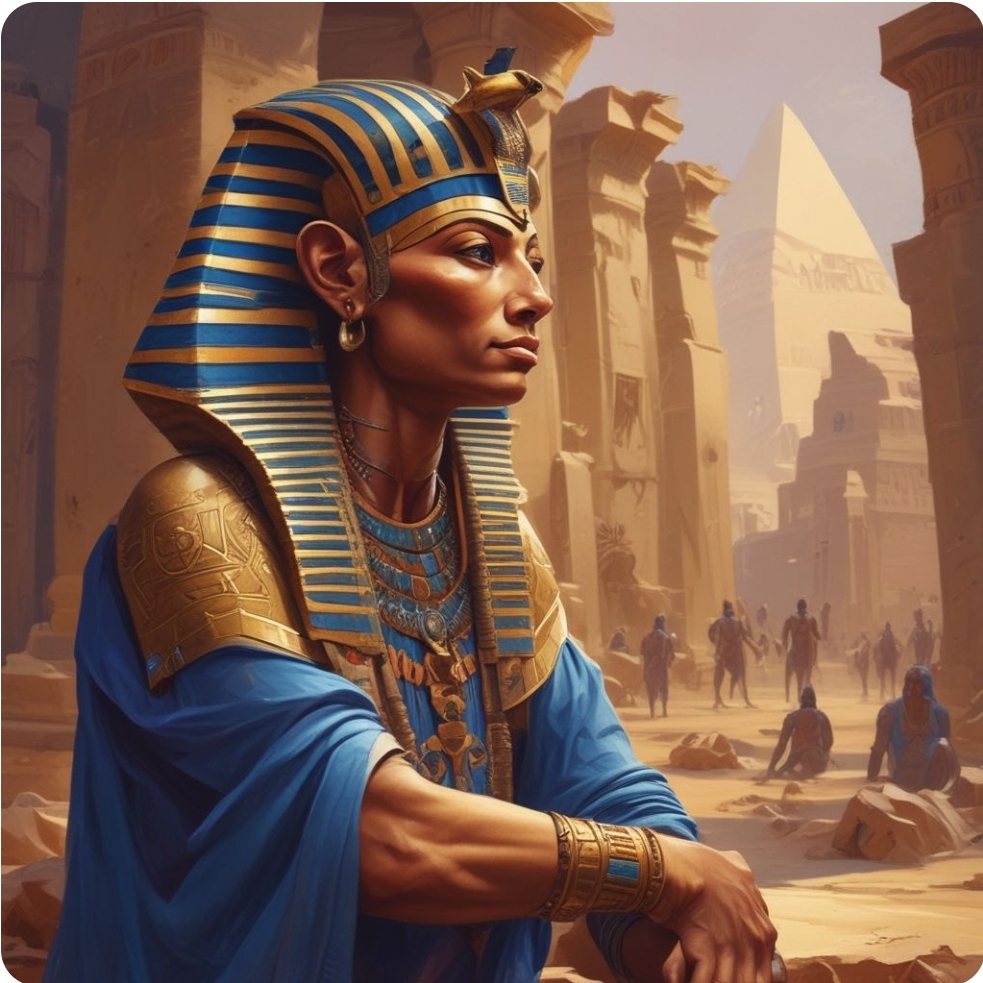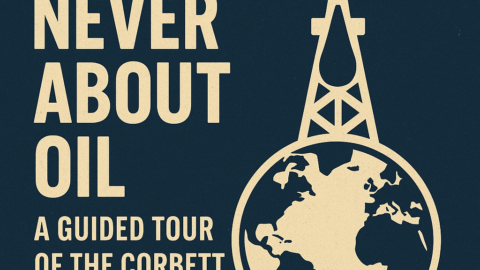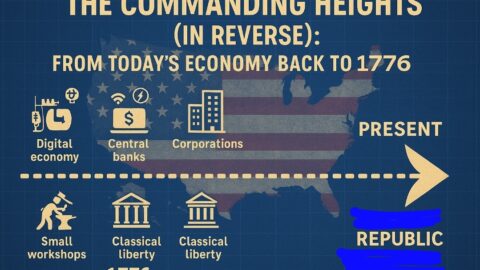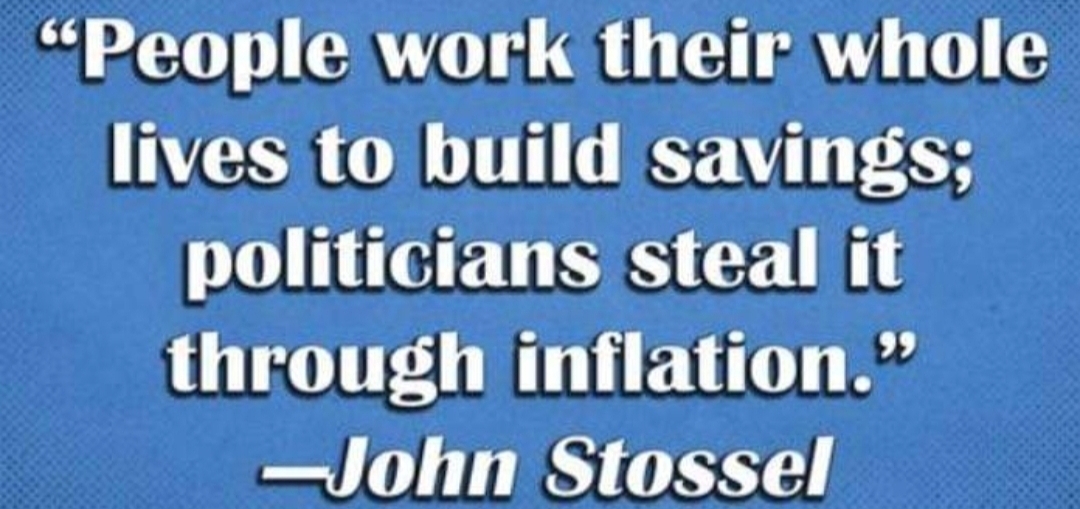
Theft of property is a common tool used by tyrants throughout history to consolidate power and control over a population. A tyrant can weaken potential opposition, enrich themselves or their loyalists (oligarchy), and create a dependent, subservient population by depriving individuals or groups of their property.
1. Economic Control:
- Asset Seizure: Tyrants often confiscate land, businesses, or wealth from political opponents, minorities, or the general population. This weakens these groups and concentrates wealth and resources in the hands of the tyrant and their supporters.
- Redistribution: Sometimes, confiscated property is redistributed to loyalists or used to fund the state’s machinery, ensuring that power remains firmly in the hands of the ruling elite.
2. Suppression of Dissent:
- Intimidation: The threat of property confiscation can be used to intimidate or silence critics. Knowing that their assets could be taken away, individuals and groups are less likely to oppose the regime.
- Legal Pretexts: Tyrannical regimes often create laws or use legal loopholes to justify confiscating property, making it difficult for citizens to resist or seek justice.
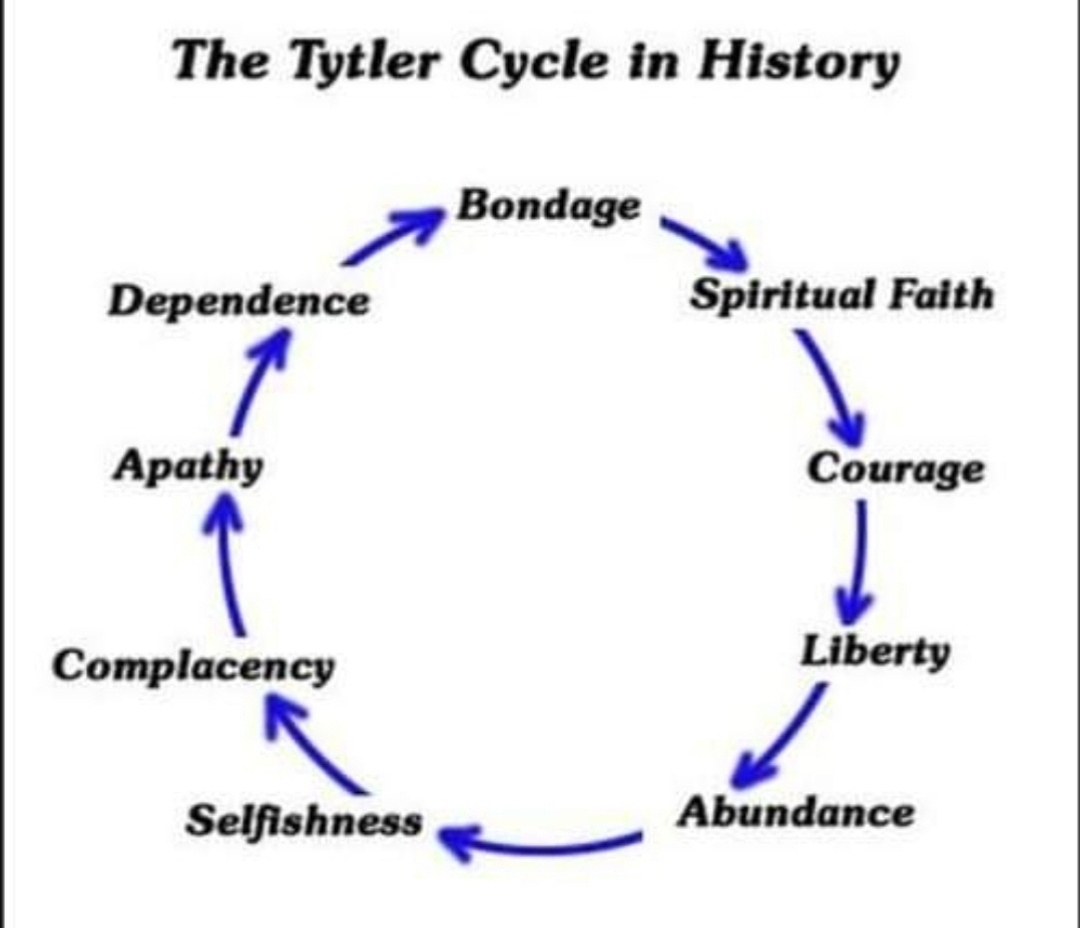
3. Creation of Dependency:
- Economic Subjugation: By taking away people’s means of livelihood, tyrants can create a population economically dependent on the state. This dependency makes it harder for people to resist or rebel, as they rely on the state for basic survival.
- Loss of Autonomy: When people lose their property, they also lose their independence and autonomy, making them more controllable and less likely to challenge the status quo.
4. Consolidation of Power:
- Wealth Redistribution: The wealth stolen from the populace is often used to consolidate the tyrant’s power, whether through funding security forces, building grandiose projects, or buying loyalty from key figures within the state.
- Elimination of Opposition: By stripping the property of potential rivals or enemies, tyrants eliminate threats to their rule and prevent the rise of alternative power centers.
Theft of property is a powerful tool in the tyrant’s arsenal because it strikes at society’s economic foundations. By controlling property and wealth, a tyrant can weaken opposition, create dependency, and ensure power remains centralized. This tactic not only enriches the ruling elite and oligarchy but also deprives citizens of the autonomy and resources necessary to challenge authoritarian and tyrannical rule.
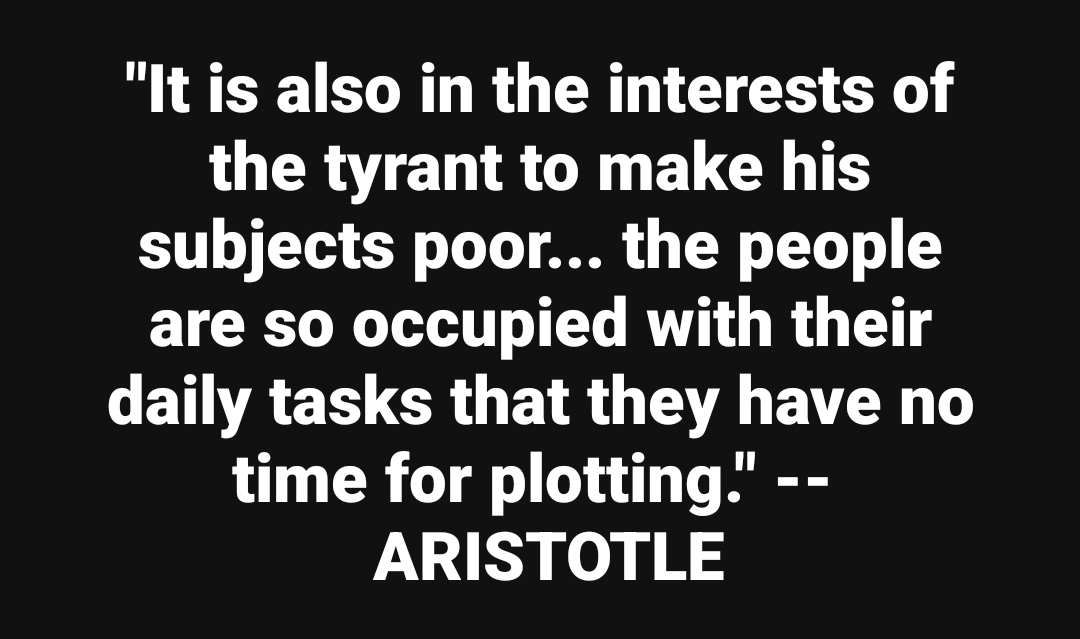
Aristotle’s quote profoundly observes how tyrants maintain control over a population.
Interpretation:
- Deliberate Impoverishment:
- Aristotle suggests that a tyrant may intentionally keep his subjects in a state of poverty. By doing so, the people are forced to focus on meeting their basic needs, leaving them with little time or energy to challenge the tyrant’s rule.
- Prevention of Dissent:
- When people are struggling to survive, they are less likely to organize, resist, or engage in political activities that could threaten the tyrant’s power. The constant struggle for daily necessities serves as a distraction from the possibility of rebellion or political engagement.
- Control Through Dependency:
- The tyrant keeps the populace economically dependent and ensures their survival is tied to the regime. This economic dependency discourages dissent, as any challenge to the tyrant could result in even greater hardship for the people.
Broader Implications:
- Manipulation of Power: The quote highlights a classic tactic of tyrannical rule: maintaining power through the deliberate weakening of the populace. This reflects a broader understanding of how economic control can be used as a tool of political oppression.
- Relevance to Modern Contexts: Aristotle’s insight remains relevant in modern discussions about the relationship between economic inequality and political power. When people are economically marginalized, they are often less able to participate fully in constitutional democratic republic processes or to hold those in power accountable.
In essence, Aristotle’s quote underscores the connection between economic conditions and political power, illustrating how poverty can be used as a means of control in a tyrannical system.
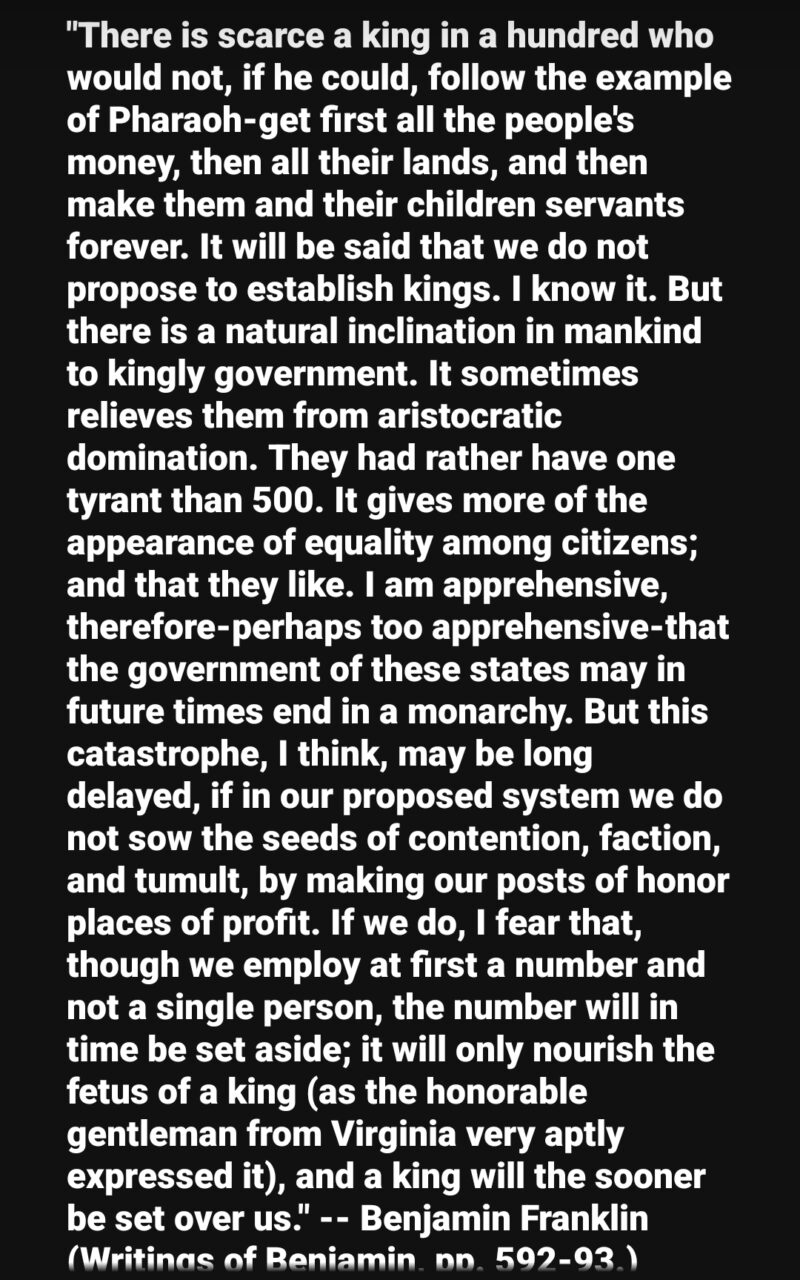
In this passage, Benjamin Franklin expresses his concerns about the potential for a republic to gradually transform into a monarchy (oligarchy), even in a system designed to avoid such a fate.
Key Points:
- Comparison to Pharaoh:
- Franklin draws a parallel between potential future leaders and the biblical Pharaoh, who gradually took everything from the people—first their money, then their lands, and finally their freedom. He implies that power can be dangerously seductive, leading leaders to accumulate more and more control over time.
- Natural Inclination Toward Monarchy:
- Franklin acknowledges that while the new American government is not intended to be a monarchy (oligarchy), there is a “natural inclination in mankind to kingly government.” He suggests that people may prefer simplicity and perceived equality in having one ruler rather than many, which can sometimes feel less oppressive than aristocratic rule.
- Fear of Monarchy:
- Franklin worries that the new government if not carefully designed, might eventually lead to a monarchy (oligarchy). He warns that if public offices become places of profit, it could sow discord and ambition, leading to the rise of a single ruler or tyrant.
- Avoiding Seeds of Contention:
- To prevent this outcome, Franklin advises against creating too lucrative positions of power, as this could attract individuals more interested in personal gain than public service. He believes that if the government is structured correctly, it can delay or prevent the rise of a monarchy.
Franklin’s remarks reflect his deep concern about the concentration of power and the dangers of corruption in government. He recognizes that even in a republic, the seeds of tyranny can be sown if the structures of government encourage the accumulation of power and wealth by a few. His fear is that the republic could eventually give way to a monarchy if these tendencies are not kept in check.
Franklin’s insights are still relevant today in discussions about the balance of power in government, the potential for corruption, and the importance of designing and conspiring systems that prevent the concentration of power. His warnings serve as a reminder of the vigilance needed to maintain a constitutional republic.
